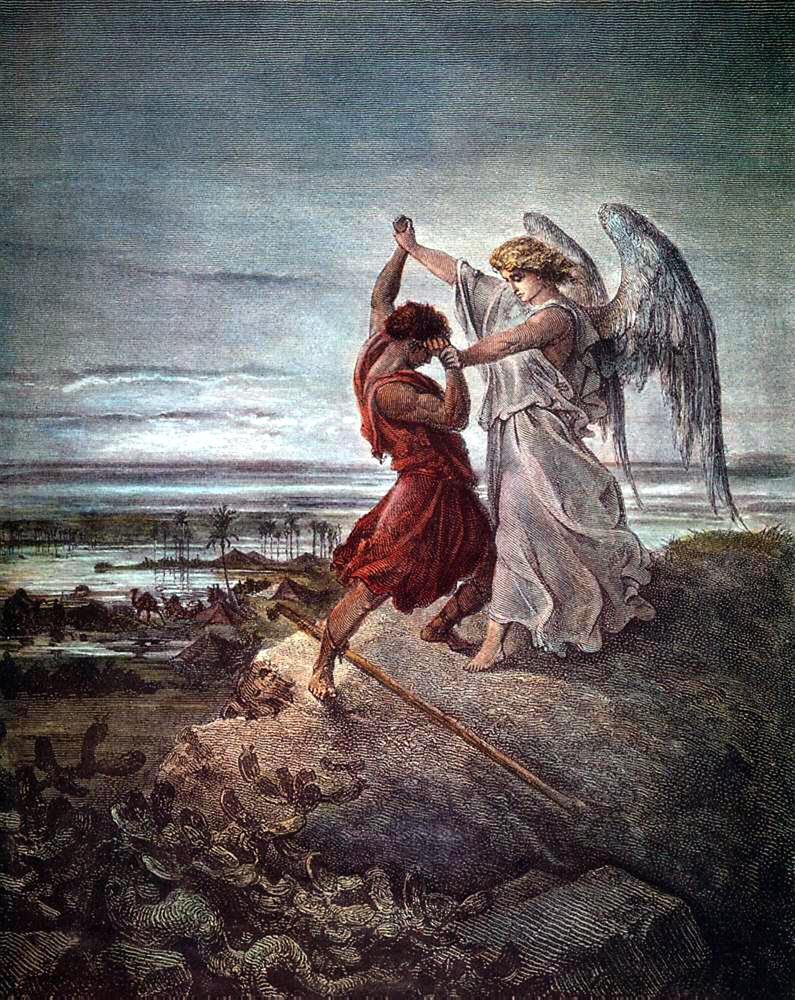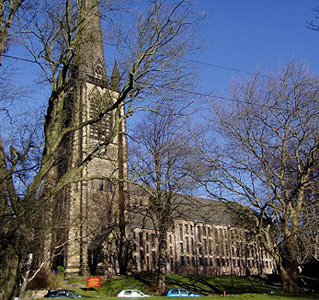This post relates to the eleventh critical issue in Called to be One: What Now?, Secularisation or Re-Sacralisation .
 I can't help feeling this issue sets up a false dichotomy. The problem is common and centres on the idea that secularisation is synonymous with atheism. It is not and never has been. There are many Christians who are secularists.
I can't help feeling this issue sets up a false dichotomy. The problem is common and centres on the idea that secularisation is synonymous with atheism. It is not and never has been. There are many Christians who are secularists.
Secularism is a political view. It is the belief that faith and government (the state) should be separated. It is a rejection of theocracy. That word itself conceals a basic untruth. There cannot be any human political system where God is in charge. Such a system is always a group of people who claim to be doing God's will, which is quite a different thing.
I do not believe the record of people of faith in government is particularly edifying. This does not mean people of faith cannot be participants in government. Neither does it mean their values cannot be influenced by their faith. It is healthy though when they have their faith values tested in political debate.
The problem of religions being in charge is their claim to be the way of God. I would argue such a strategy cannot re-sacralise the world. (When was it ever sacralised?) Indeed, it will secularise the faith. Why? Because use of religious power for government means the faith is beholden to the compromises of government.
The Kingdom of God is a political agenda. However, it is a political agenda in the sense that it challenges all political agendas by insisting the rule of God is not through exercising secular power but by challenging and confronting it non-violently.
I set my face firmly against a re-sacralised world because I do not want to live in a police state.
 The Sheffield Jesus Seminar drew about 30 people to its meeting, on 22 May 2010, mostly over thirty and lay people with teaching or preaching roles in the church. It took place at St Mark's, Broomhill in Sheffield and so perhaps most were Anglican, with a sprinkling of Methodists and URC, and one Catholic.
The Sheffield Jesus Seminar drew about 30 people to its meeting, on 22 May 2010, mostly over thirty and lay people with teaching or preaching roles in the church. It took place at St Mark's, Broomhill in Sheffield and so perhaps most were Anglican, with a sprinkling of Methodists and URC, and one Catholic.


Recent Comments